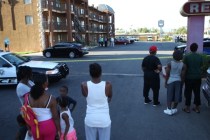Solving the mysteries of drug overdoses
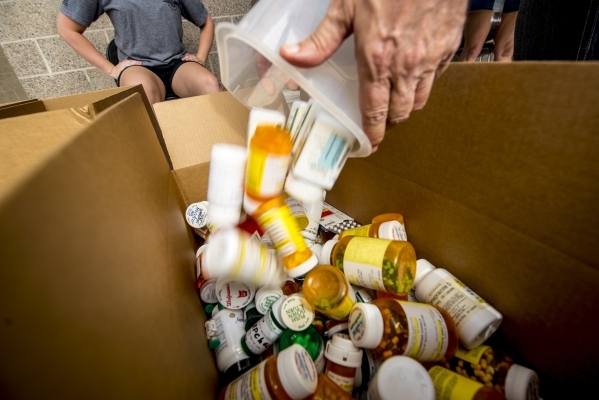
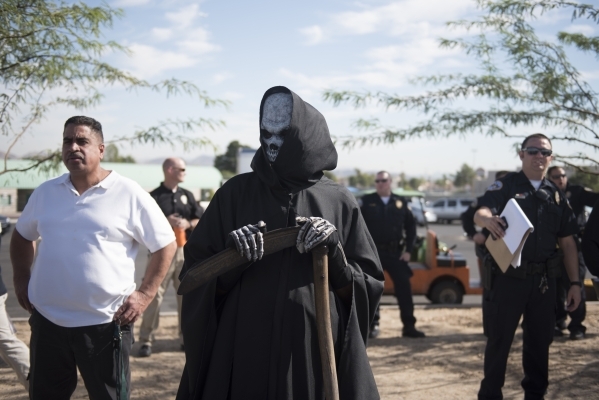

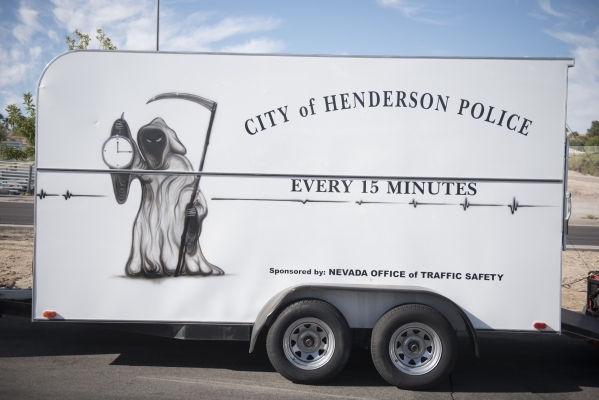
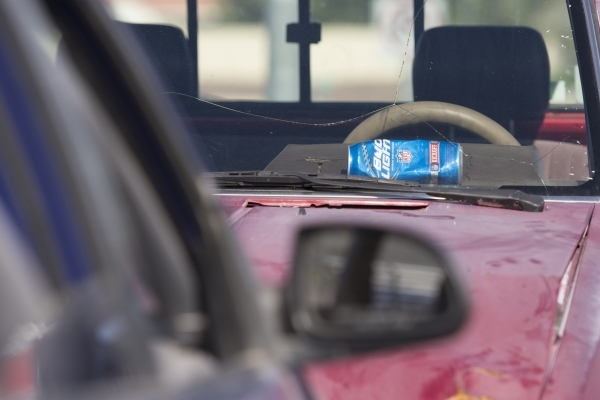
Empty pill bottles next to a body are an obvious clue — but of what?
Did the victim have a drug habit that turned deadly through an overdose?
Did he kill himself?
Or was a deadly accident the ultimate result of self-medication gone too far?
When it comes to the story of death in Las Vegas, drugs or alcohol are a recurring character— and often a pretty good suspect.
In Clark County, in the past decade, about 4,399 people died with drugs and alcohol as the main cause of death. Eighty-nine percent were residents of Clark and Nye counties, 0.1 percent were from other parts of Nevada, five percent were from out of state, and for the remaining six percent the coroner data lists “unknown” as the city or state of residence.
An additional 1,469 people who died from suicide, homicide or accidents were found to have drugs or alcohol in their system, but their death was attributed to a different primary cause. Drug overdoses alone are the most common form of accidental death in the county.
The single most-popular drug is oxycodone, a prescription painkiller associated with 23 percent of all overdose deaths of Nevada residents who died in Clark County from January 2005 to Aug. 31, according to data from the Clark County coroner’s office. Sometimes the narcotic is combined with other intoxicants, but oxycodone crops up the most of all.

Prescription drug abuse has changed how we die, as well as the questions that must be asked when someone dies without apparent trauma.
It’s the coroner investigator’s job to piece together a story from the dead. They talk to family, scroll through text messages, ferret out Facebook pages and dig through trash looking for answers to explain what led to someone’s addled final moments.
With overdoses, the question is “was it intentional or was it accidental?”
A toxicology report will find the hard facts of what was or was not in someone’s system when the person died, but a high level alone is often not enough to mark someone with “suicide.” It is, after all, the most controversial of the five manners of death — homicide, suicide, accidental, natural and undetermined.
Clark County Coroner John Fudenberg said that 90 percent of the time when he hears from family members they’re begging him to take back a suicide ruling.
“The bottom line is we’ve got to figure out what was going in this person’s head prior to the death,” Fudenberg said. “Oftentimes, people think that our investigators just go to a scene and they put a toe tag on the body, and they put them in a body bag and they transport them to our office. On the contrary they do a very, very thorough investigation.”
Tough Conversations
A death investigation is an intimate process. It isn’t just an inquiry into who, what, when, where, why. Each investigation is an introduction to someone it is impossible to meet.
“No — they were clean, they were clean, they were clean,” is often a loved one’s reaction to an overdose death, Coroner Investigator Priscilla Tenuta said. It’s a difficult, but common conversation. Investigators explain that they are likely right, the person probably had been clean — but then started using and died because they injected the amount of heroin they were used to before they kicked the habit, when they had a higher tolerance, she said.
Heroin, while not prescription, is connected to the rise in painkiller abuse, Fudenberg said. It’s an opiate, like oxycodone, but much cheaper. Hence people turn to heroin when they no longer can afford pricey prescription medication.
Disputes about manner of death involving overdose aren’t just limited to arguments of whether the death was a suicide or an accident, Tenuta said.
Families often want to blame the doctors for prescribing the medication, they want to blame the guy who sold him the drugs, they want someone to be held accountable — they want the death certificate to say homicide.
“It’s hard sometimes to explain to the families that unless it can be proven that the neighbor forcibly injected him with this heroin, it’s still his choice,” Tenuta said.
Regardless, the coroner investigator’s inquiry is a confined quest — one seeking information, not determining criminal intent.
It’s a point investigators often have to stress to get what they need. People are scared of getting into trouble and clam up. Having no arrest powers can be an asset to their ability to get information.
Coroner Investigator Felicia Borla has gotten to know her hometown in a way she never would have had she not “taken a left turn from med school.”
The job’s sent her everywhere, from the city’s literal underbelly — its storm drainage tunnels — to the towering luxury of its high-rise suites. She knows from her work that not all of the valley’s doctors are acting as they should because sometimes when she calls a doctor listed on a dead person’s prescription bottle he can’t answer basic questions about the patient’s medical history.

Busting Myths
The pathways to a fatal drug overdose are as numerous and as varied as the number of drugs that can be abused.
There’s an urban legand, for example, that says teens these days host “Skittles parties” or “pharm parties,” a sort of pill potluck where drugs are dumped into a bowl and everyone takes a mystery medication at random.
Borla said she’s heard of it, but the parties have fallen out of favor. Not because teens are afraid they’re gambling on their lives, but because they’re worried they’re gambling on getting a good high.
Borla donates time to Every 15 Minutes, a program with the Metropolitan Police Department that cautions teens about personal safety. As part of the program, the students go on a retreat where they can talk candidly with her and others involved in the program. It’s surprising not only to see that teens can rattle off long, complex pharmaceutical names with ease, but that they have recommended drink pairings for the drugs, she said.
The farm parties, she gathered from these chats, have been deemed unfair as it’s too easy for someone to skimp on their contribution by bringing laxatives. The fear isn’t that they’ll wind up dead, but that they’re playing Russian roulette with a night spent in the bathroom, she said.
These candid conversations provide knowledge she’ll tuck away as she digs into how and why we die.
It is tricky to know what will prove useful in the daily business of trying to unravel the mystery of our deaths.
After all, each death is unique, which is why investigators are instructed to never say “I understand” to those left behind.
Contact Bethany Barnes at bbarnes@reviewjournal.com or 702-477-3861. Find her on Twitter: @betsbarnes
One sure bet: Death in Las Vegas












